
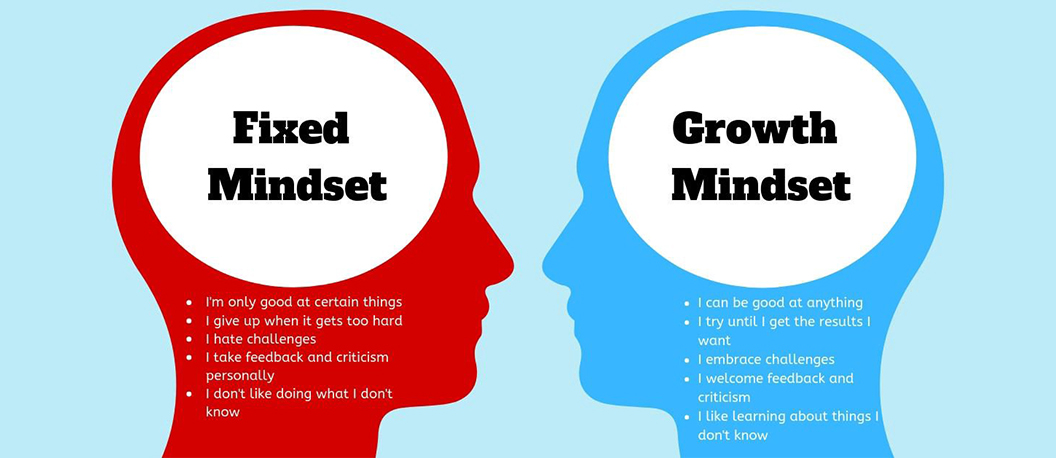
February 2021 Edition

By Mike Ion
AST Education Director
Share
Discussion: ‘Smart is not something that you just are, smart is something that you can get’
‘Smart is not something that you just are, smart is something that you can get.’ Discuss…
I started my teaching career in 1987 having done a PGCE in 1986/87. During my PGCE and in the subsequent twenty years I cannot recall ever questioning what appeared to be an almost intrinsic assumption amongst teachers that intelligence was something innate and fixed. It was almost as though the whole profession accepted that a child’s prior performance was not simply an indicator of future performance, it was a means of determining what we should expect of them. However, the past few years has seen a plethora of research into the idea that intelligence is something malleable; that we are not prisoners of immutable characteristics and that, with the right training, we can be the authors of our own cognitive capabilities.
The growth of the ‘Growth Mindset’ in schools in England in the past ten years has been impressive. In many of England’s schools today there are corridors, entrance areas, classrooms, sports halls and even dining rooms adorned with motivational posters and photographs, you will listen to who school or year group assemblies extoling the virtues of famous sportsmen and women or of young people who have overcome personal tragedy or setbacks and show resilience and resolve.
According to the theory, if students believe that their ability is fixed, they will not want to do anything to reveal that, so a major focus of the growth mindset in schools is shifting students away from seeing failure as an indication of their ability, to seeing failure as a chance to improve that ability. It was the social psychologist Jeff Howard who in 1985 stated that ‘smart is not something that you just are, smart is something that you can get.’
In 2019, as part of my Master in Learning and Teaching at Oxford University, I began an investigation into the extent to which the impact of a growth mindset programme in a group of schools had been hindered by the absence of a high quality CPD programme and by some pre-conceived ideas held by teachers about incremental and entity theories of intelligence. I found that the CPD programmes offered by the schools had had a negligible impact on the successful implementation of the growth mindset programme in these schools. This finding prompted to me to review how teacher education and professional growth and in particular the work of Clarke & Hollingsworth (2002) on the interconnected model of professional growth.
When the schools first launched the growth mindset progamme, leaders made the assumption that all of the teaching staff were signed up to the idea that the young people they teach have the capacity to substantially change their intelligence through greater effort and application. However, it was unclear what this assumption had been based on, as at the time of the launch no audit of staff was undertaken. My own research indicated that a significant number of the schools’ teachers did not appear to be whole-heartedly convinced that intelligence is a malleable entity.
So what do you think? What do you believe? Can teachers change their own mindset and help their pupils develop a growth mindset?

February 2021 Edition

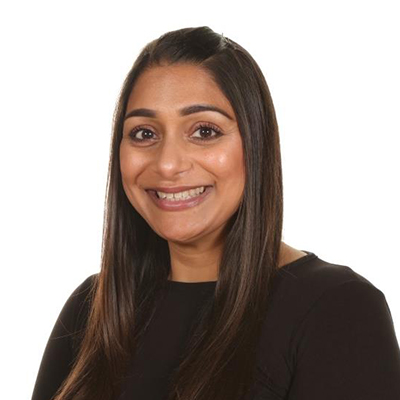
By Jitendra Jani (Head of Science) & Aarti Devalia (Head of Art)
Share
A solution to remote feedback
Using Mote, an extension from the chrome web store1, Aarti has begun to assess students work submitted through Google Classroom using ‘Audible AfL’. Inspired by a recent article in the Impact journal published by the Chartered College of Teaching (Fancourt et al. Spring 2020)2, she sought ways to assess students work to give feedback during a time where remote learning may be prevalent. Whilst ‘cool-down periods’ and social distancing effecting our ability to provide support or guidance on pieces of learning that may take two or three reviews before finishing, Audible AfL provides a potential solution.
Aarti reached out to some contacts who are both teachers at Preston Manor and discovered that, like us at Avanti, they have been using Google Classrooms. She was told about Mote which can be used to record comments on audio and can convert it to text. She pursued her belief that something like this would be great for her subject such that she can focus on meaningful ‘steps to succeed’3 when assessing an assignment.

Last half term, after joining the Art Google Classroom, Year 7 students submitted pictures of their artwork as part of an assignment set by Aarti. After receiving their audio feed-forward, the stream in their Google Classroom was extremely active. It was as if engaging with the Mote created a real buzz. The students were asked about why they preferred this style of assessment, they said:
“It was approachable.”
“Didn’t feel like I was reading a report.”
“Really helpful.”

Figure 1 – Using mote with KS3
When I asked Aarti about the impact on building positive relationships with the students she claimed that it relaxed but focussed them. They began finding funny, but relevant Art jokes and adding them onto the stream. Some became brave enough to share their thoughts and one students asked others for feedback on their artwork. Aarti said, “It built a creative community online through familiarisation of a teacher’s voice. Students are more relaxed and forthcoming about the subject. The comments on the stream are not work related but more about building a positive relationship with both the teacher and the subject. Students share art related items on the stream which creates a buzz around the subject.”
She also reflected on the power of communication4:
- 7% is verbal
- 38% is through tone of voice
- 55% is via body language.
It is easy to forget how an email or a text message for adults can be misinterpreted when it is merely written. Aarti tried to provide me an example of a comment she made for a student where she tried to be reassuring, not negative. When she thought about how to write the comment she said, “The use of your tone has not been explored to its highest potential.” Then she tried to repeat it as if she was recording and said, “The use of your tone…. hasn’t really been explained fully… to its highest potential”.
Aarti didn’t realise that she added a few words in. She explained that she added pauses because she didn’t want the comment to demotivate. We then reflected together on how writing or typing feedback can often become just that – feedBACK! Aarti and I both admit that we have copied and pasted basic sentences and then tailored the feedback to make it more accurate but we do so in such a limited time. We almost aim to keep it clear, concise more than we do focus on it being useful as well as go through a process of comparative, not absolute judgement.5
By using Audible AfL, we focus more on feed-FORWARD and provide individualised, meaningful comments whilst simultaneously thinking about the tone of voice we are using to motivate the student.
Absolute judgement is hard; comparative judgement is much easier, but traditional essay marking works mainly on the absolute model (Laming, 2003).6

Figure 2 – Creates a buzz around the subject
Aarti is now seeking to potentially move forward into researching how familiarity of voices can impact the way in which feed-forward is processed and acted on. She has performed a quick check to see if other groups of students would engage with this new add on. Her Year 10 class were left a message on their Google Classroom stream, “Hi Year 10! Hope you had a nice weekend. Looking forward to seeing you all on Wednesday!” The class unanimously claimed to listen to the message and were excited that this would be their new feedback tool.
I have also been inspired by Aarti’s efforts to work further with Mote, and tried it to provide feedback for a Year 13 class following their written report of an assessed practical. The feedback was overwhelmingly positive and I too took away the advantages of individualising the student, bringing them back into the frame of reference when carrying out AfL.

Figure 3 – Using mote with Year 10 to familiarise with Audio AfL before using to give effective feedback
1 https://chrome.google.com/webstore/detail/mote-voice-notes-feedback/ajphlblkfpppdpkgokiejbjfohfohhmk
2 Fancourt, A., Lewis, L. & Stephenson, B. (Spring 2020) Listen and respond: Evaluating the use of audio feedback. CCT Impact Issue 8
https://impact.chartered.college/article/listen-and-respond-evaluating-audio-feedback/#:~:text=When%20feedback%20highlights%20positive%20aspects,doing%20well%20in%20future%20tasks
3 Budden B – (September 2017) Enabling student’s learning independence through assessment for learning. CCT
https://impact.chartered.college/article/budden-student-learning-independence-assessment-learning/
4Mehrabian, A. (1972) Nonverbal Communication. New Brunswick: Aldine Transaction.
5Christodoulou, D Assessing extended writing: Options and innovations https://impact.chartered.college/article/christodoulou-assessing-extended-writing-options-innovations/
6Laming, D. (2003) Human Judgment: The Eye of the Beholder. Andover: Cengage Learning EMEA.
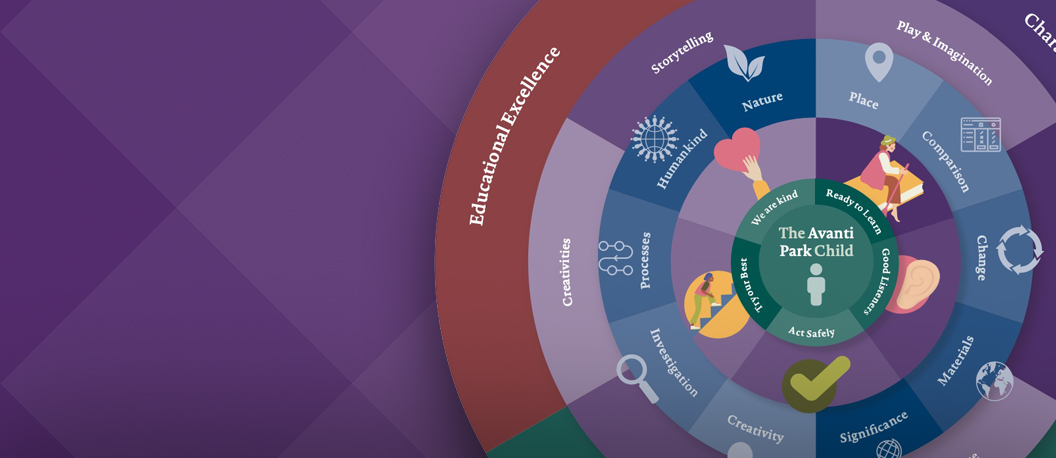
February 2021 Edition

By Luke McKinley
Share
Curriculum for Life
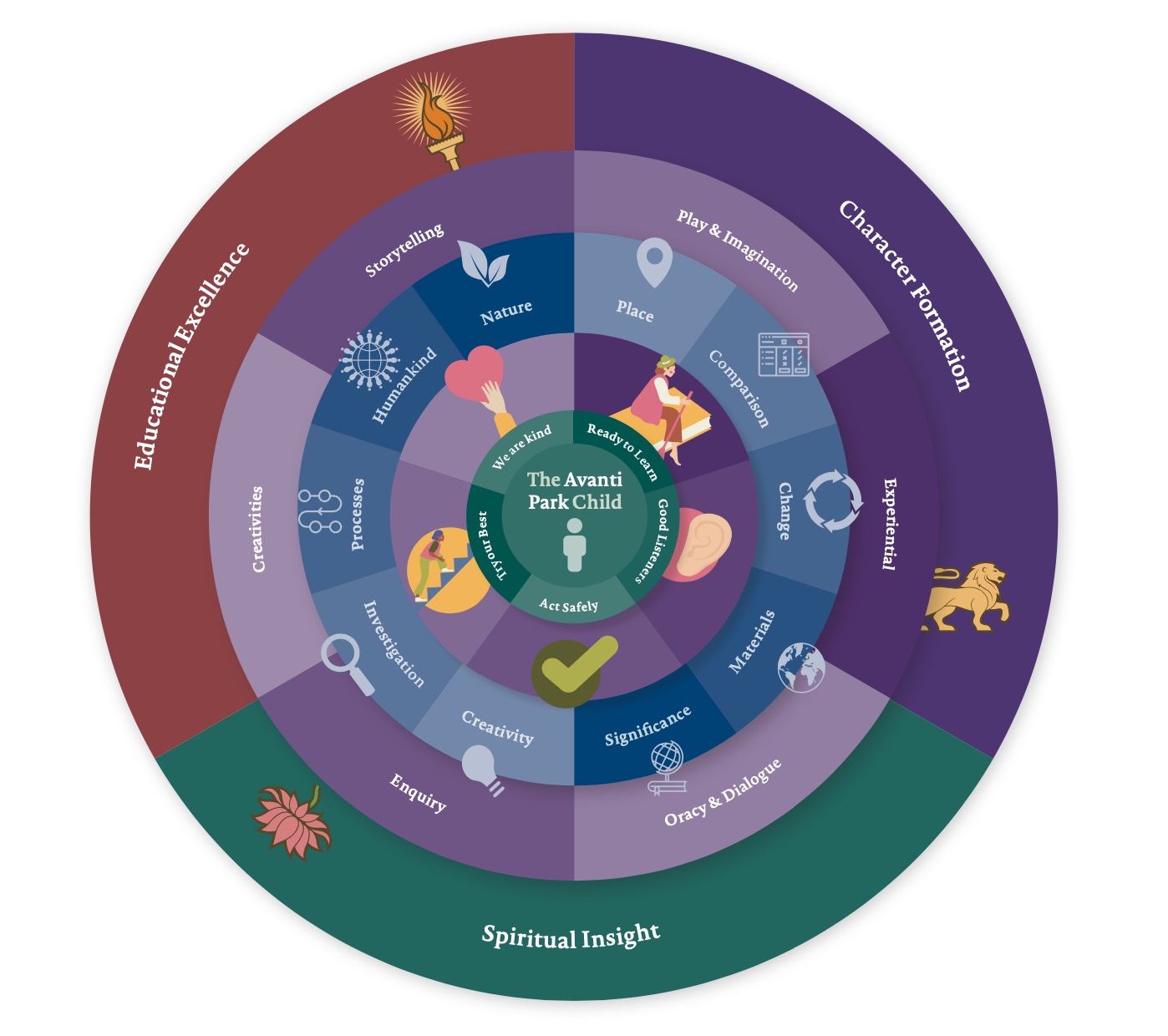
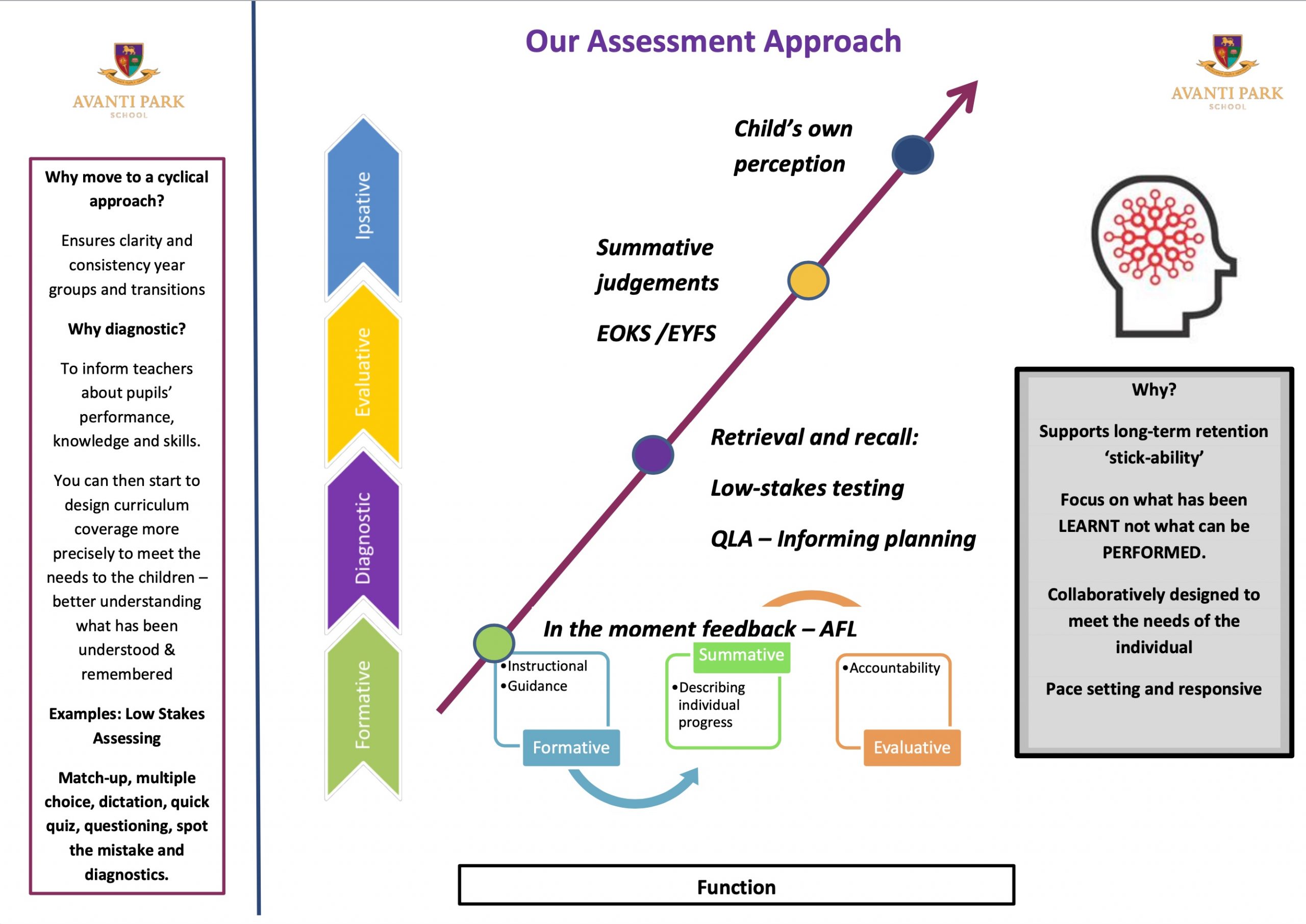


February 2021 Edition

By Mike Ion
AST Education Director
Share
Rethinking Assessment
Our exam system is a mess. Now is the time to reshape it.
There has been a growing belief that there is something wrong with our exam and assessment system. In particular, people question why we are continuing with the curious anomaly of a school leaving age exam at 16 – GCSEs – when young people can’t leave education until 18. Many young people find the way our exam system works increasingly stressful and not a true reflection of what they are good at. Many employers complain that exams do not provide them with good enough clues as to who they are employing. Many who are passionate about social mobility believe that any system that dooms a third to fail is a system with little sense of social justice.
A new website – see below- provides a place for those who want change. The aim is twofold:
- To make the argument through case studies, analysis, evidence and thoughtful blogs;
- To start to provide some workable solutions, practical ideas and approaches that we will pilot in our schools and offer as real alternatives.
So, if you believe now is the time to rethink assessment, join us, help us, add your voice and ideas.
https://rethinkingassessment.com/rethinking-assessment-home/